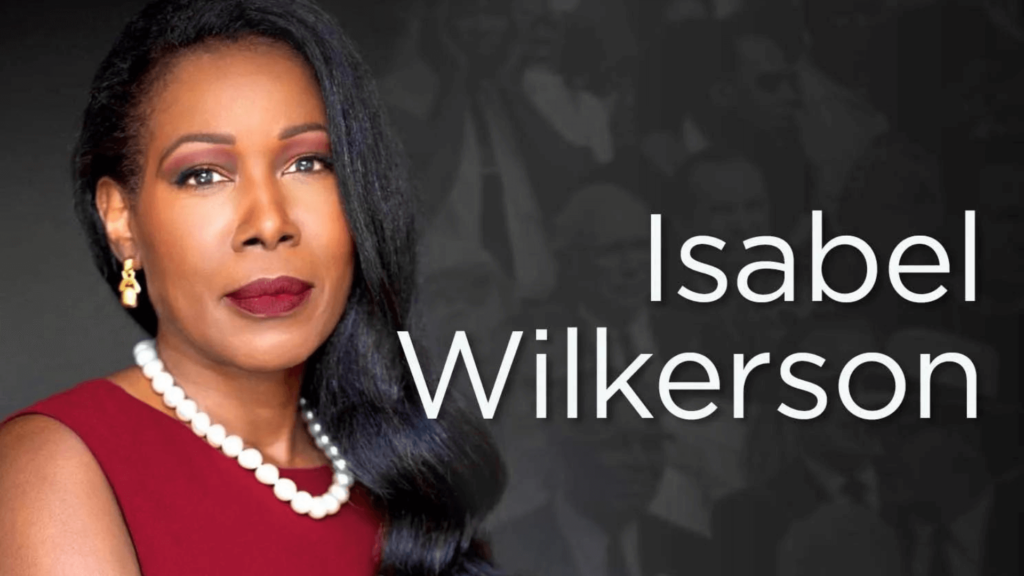My husband purchased this book nearly two years ago, and it lingered untouched on our bookshelf for quite some time. When I first attempted to delve into its pages, I was perplexed and somewhat disheartened by its initial focus on the Third Reich of Germany and the resistance against saluting the Fuhrer. The unfamiliarity with specific terms, like “Fuhrer,” led me to set the book aside momentarily. However, spurred on by the persistent praise for the book, including its selection for Oprah’s book club, I resolved to give it another chance. I persevered through its pages, and I’m immensely grateful.
Isabel Wilkerson’s “Caste: The Origins of Our Discontents” is a tour de force that illuminates the roots of societal discontent in America. With meticulous attention to detail, Wilkerson unpacks the intricate history of our nation, meticulously examining the origins of our social structures. Drawing from extensive research and a deep understanding of diverse cultures, she compellingly argues that America’s foundation is rooted in a caste system.
What sets Wilkerson’s work apart is her ability to articulate the complexities of America’s caste system without relying solely on overt references to racism or white supremacy. Instead, she eloquently describes Caste as the “infrastructure of our divisions,” a deeply ingrained social hierarchy that dictates our societal order. Through her penetrating analysis, Wilkerson exposes the artificial boundaries that have long dictated our societal rankings, challenging us to confront uncomfortable truths about our nation’s past and present.
Dividing her nearly 400-page book into seven parts, Wilkerson meticulously examines the pillars of caste systems across civilizations. In Part Three, she delves into eight foundational pillars, including Divine Will and the Laws of Nature, which she argues are central to any caste system. Wilkerson contends that these pillars serve to cloak caste-based hierarchies in the guise of divine order, perpetuating the belief that certain groups are inherently superior to others.
Throughout “Caste,” Wilkerson draws striking parallels between America’s caste system and those found in other cultures. From the untouchables of India to the systemic oppression faced by African Americans in the U.S. South, she highlights the universal nature of caste-based discrimination. Additionally, Wilkerson sheds light on how the Nazis drew inspiration from American caste practices to implement discriminatory policies against Jews.
“Caste” is a historical narrative and a call to action. In the author’s concluding remarks, Wilkerson implores us to awaken from complacency and dismantle the caste system. She envisions a future where everyone can live out their God-given destinies free from artificial hierarchies and false rankings.
In essence, “Caste” is a powerful testament to the enduring legacy of America’s caste system. For African American readers seeking a deeper understanding of our nation’s history and the work required to address systemic inequalities, “Caste” is essential. I urge you to pick up a copy and join the vital conversation surrounding the liberation of all societies from the shackles of Caste. Let us embark on this transformative journey together.






